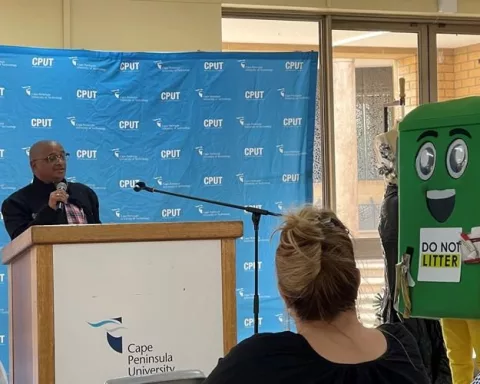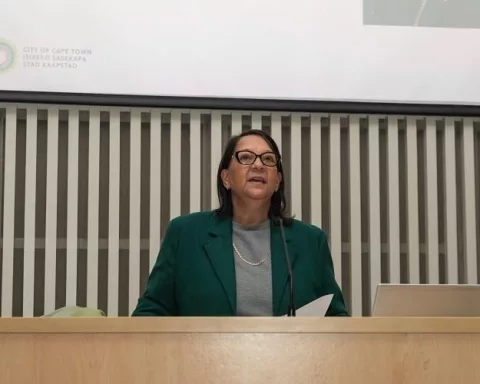Cape Town’s draft Energy Strategy is a progressive roadmap for the city’s energy utility. The strategy aims to involve the government, private sector, residents, and businesses in creating a reliable, cost-effective, and carbon-neutral energy supply.
Ending Load-Shedding
Mayor Geordin Hill-Lewis emphasizes that ending load-shedding is crucial for job-creating economic growth. The draft strategy outlines a plan to add 650 MW of independent power to Cape Town’s energy mix within five years, ultimately aiming for one gigawatt of independent power to eliminate the threat of blackouts completely.
Three Key Commitments
The strategy focuses on three key commitments: ending load-shedding, alleviating energy poverty, and optimizing energy use across Cape Town.
Short-Term Plans
Short-term load-shedding mitigation plans include a mix of the Steenbras Hydro Plant, 500 MW of dispatchable energy, and demand management programs such as Large Power Users (LPUs) curtailment and Power Heroes, which encourage households to remotely switch off power-hungry appliances during peak times.
Diverse Power Supply
Cape Town plans to add up to one gigawatt of independent power supply over time, with a diverse mix of sources including embedded IPP renewable energy, dispatchable energy, wheeling, private small-scale embedded generation (SSEG), and city-owned SSEG from the Atlantis plant and solar PV at city facilities.
Alleviating Energy Poverty
Alleviating energy poverty is another major goal of the draft strategy, with objectives to be achieved within the next five years. These include upholding a high electrification rate in informal settlements, grid enhancements and subsidy reform, a Free Basic Alternative Energy Policy for non-grid connected households, and piloting alternative public lighting solutions for unelectrified settlements.
Optimizing Energy Use
Plans to optimize energy use across Cape Town in the short term consist of a Municipal Services Energy Efficiency program, establishing an energy performance baseline for privately-owned buildings, supporting micro-developers in building efficient and affordable rental accommodations, commercial and residential demand management programs, and promoting the adoption of electric vehicles.
A Pathway to a Thriving Energy Economy
Councillor Beverley van Reenen, the City’s Mayoral Committee Member for Energy, states that the draft Energy Strategy offers a pathway to increase load-shedding mitigation while enabling a future-fit municipal electricity utility and a thriving local energy economy. It aims to create a competitive regional energy market, offering customers greater choice and a larger share of distributed renewable energy, supported by proactive grid maintenance.
Long-Term Intention
The city’s long-term intention is to distribute electricity directly to all customers in Cape Town, including those currently in Eskom supply areas. Talks with Eskom to resume taking over the SOE’s supply areas have stalled but are being pushed forward by Mayor Hill-Lewis for a definite timeline on resuming negotiations.
Public Comment
The draft Energy Strategy is open for public comment until July 31, 2023. To provide feedback on the draft Energy Strategy, the public can visit this link. The strategy also commits to publishing updated energy data annually on the City Open Data Portal and empowering entrepreneurs, youth, and job seekers to benefit from a growing energy sector in Cape Town.












